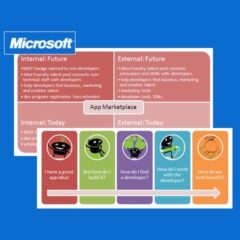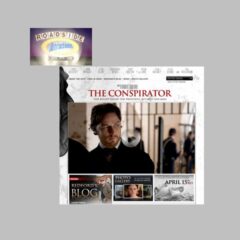Feb19
In two previous posts I wrote about why you need to optimize for search engines and what that means. In this post I give a series of checklists for what editorial, marketing, and technology needs to do to boost readership using SEO. SEO Part 3: How To Do SEO Right SEO is often delegated to the technology team, with the instructions “just optimize the site for SEO.” There are certainly technology best practices in SEO, but they tend to be easily implemented by any reasonably good dev team. The bulk of SEO work is actually in marketing, content production, reporting, and analysis. You can’t just hand SEO over to developers expecting them to drive more search traffic to the site, or to magically raise the page rank. A lot of the responsibility belongs to marketing and editorial. Since this is a blog and not a book, I’ve broken out the “How to SEO” into three sets of simple checklists, for editorial, marketing, and technology: Editorial SEO Search engines use programs called “crawlers” or “robots” to analyze your site. These crawlers are not very smart; they don’t look for Pulitzer prize-winning stories. They only check for new pages, see what pages...
Feb16
I have to take a short break from my SEO series to comment on an article that appeared this past Saturday in the Irish Times: “Narrowing the gap between old and new media is the future.” This article compares and contrasts “old media traditionalist” Alan Crosbie, chairman of Thomas Crosbie Holdings (Irish Examiner and the Sunday Business Post) against “new media messiah” John Paton, CEO of Digital First Media (the second-largest U.S. media chain). The Irish Times article is unrelentingly harsh in its portrayal of Alan Crosbie, who does have a few legitimate reasons for his fear and loathing of new media and the Internet. After all, TCH hasn’t been that effective in tapping into digital revenue, and free online news without a revenue model can undermine the value of print newspapers. But Crosbie’s concerns seem to be more directed at preserving quality reporting and what he calls “provenance,” which I call the responsibility and accountability expected of journalists, especially in terms of unbiased reporting and fact-checking. It reminds me of the book by Andrew Keen, The Cult of the Amateur: How Today’s Internet is Killing Our Culture. In an interview on the PBS News Hour, Keen said: “The key argument is...
Feb15
In my previous post I discussed why you need to optimize for search. In this next installment of the SEO series, I explain a bit about what SEO really is. SEO Part 2: So what is SEO? Search engine optimization is the art and science of making your web pages rank as high in the natural search rankings as possible. Google is the largest search engine, with Microsoft’s Bing a distant second. Your placement on a search engine, or “page rank,” is a complex algorithm generally based on these attributes: Age of site (time since the site was established) Number of hits to the site (overall site traffic) Popularity (number of unique visitors and repeat visitors) Number of inbound links (links to your site from other sites) Quality of inbound links (high page rank sites will increase your page rank; low page rank sites not so much) Keyword density (based on keyword relevance as discovered by search crawlers, aka robots) Secondary characteristics like media, type, source, and domain Page rank is a measurement of the relative importance of your site according to the search engines. Like the Richter scale, it is a logarithmic scale, meaning that a rank of 5...










